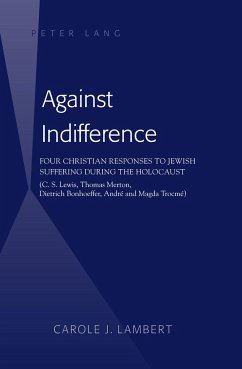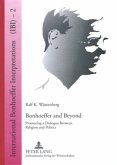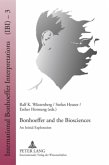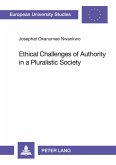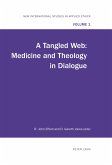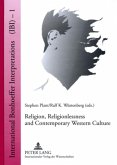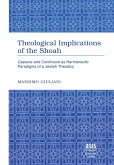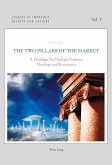Against Indifference analyzes four responses to Jewish suffering during the Holocaust, moving on a spectrum from indifference to courageous action. C. S. Lewis did little to speak up for victimized Jews; Thomas Merton chose to enclose himself in a monastery to pray for and expiate the sins of a world gone awry; Dietrich Bonhoeffer acted to help his twin sister, her Jewish husband, and some other Jews escape from Germany; and the Trocmés established protective housing and an ongoing «underground railroad» that saved several thousand Jewish lives. Why such variation in the responses of those who had committed their lives to Jesus Christ and recognized that His prime commandment is to love God and others? This book provides answers to this question that help shed light on current Christians and their commitment to victims who suffer and need their help.
«C. S. Lewis, Thomas Merton, Dietrich Bonhoeffer, and André and Magda Trocmé are key twentieth-century Christians, as different as they have been influential. Viewing them through Holocaust-related lenses, Carole J. Lambert's Against Indifference shows brilliantly how their responses to Jewish suffering ranged from 'minimal action to maximal intervention' and underscores passionately what her twenty-first century readers most need to learn from those revelations.»
(John K. Roth, Edward J. Sexton Professor Emeritus of Philosophy, Claremont McKenna College; Author, The Failures of Ethics: Confronting the Holocaust, Genocide, and Other Mass Atrocities)
«This book will make you think - and weep. It is disturbing and inspiring, challenging and depressing all at the same time. Against Indifference calls into question comfortable ideas about what five well-known and beloved iconic Christians did, and did not do, during the Holocaust. C. S. Lewis, Thomas Merton, Dietrich Bonhoeffer, and André and Magda Trocmé all lived during World War II and the Holocaust. They confronted, in one way or another, the complex human question, which is also profoundly theological, 'Who is my neighbor?' And they all responded, more or less. And that precisely is what makes this book so provocative. I highly recommend it. Read it if you dare.»
(Carol Rittner, Distinguished Emerita Professor of Holocaust and Genocide Studies and Dr. Marsha Raticoff Grossman Professor of Holocaust Studies, Stockton University, NJ)
«Even though today the words Shoah and Indifference may seem antinomical, Carole J. Lambert's analysis brilliantly revisits a time when the both frequently collocated. She contemplates, in her book, their association in a captivating, profound nd detailed manner looking into the attitudes and beliefs of contemporary Christians personalities who were either direct or indirect witnesses and who have had to justify the position they once took, based on their religious convictions and their o n private lives, to either be compassionate or indifferent to the victims of the inhumane Nazi regime.» ( Albert Mingelgrün, Professor Emeritus, Holocaust Studies and Literature, Free University of Brussels)
(John K. Roth, Edward J. Sexton Professor Emeritus of Philosophy, Claremont McKenna College; Author, The Failures of Ethics: Confronting the Holocaust, Genocide, and Other Mass Atrocities)
«This book will make you think - and weep. It is disturbing and inspiring, challenging and depressing all at the same time. Against Indifference calls into question comfortable ideas about what five well-known and beloved iconic Christians did, and did not do, during the Holocaust. C. S. Lewis, Thomas Merton, Dietrich Bonhoeffer, and André and Magda Trocmé all lived during World War II and the Holocaust. They confronted, in one way or another, the complex human question, which is also profoundly theological, 'Who is my neighbor?' And they all responded, more or less. And that precisely is what makes this book so provocative. I highly recommend it. Read it if you dare.»
(Carol Rittner, Distinguished Emerita Professor of Holocaust and Genocide Studies and Dr. Marsha Raticoff Grossman Professor of Holocaust Studies, Stockton University, NJ)
«Even though today the words Shoah and Indifference may seem antinomical, Carole J. Lambert's analysis brilliantly revisits a time when the both frequently collocated. She contemplates, in her book, their association in a captivating, profound nd detailed manner looking into the attitudes and beliefs of contemporary Christians personalities who were either direct or indirect witnesses and who have had to justify the position they once took, based on their religious convictions and their o n private lives, to either be compassionate or indifferent to the victims of the inhumane Nazi regime.» ( Albert Mingelgrün, Professor Emeritus, Holocaust Studies and Literature, Free University of Brussels)

